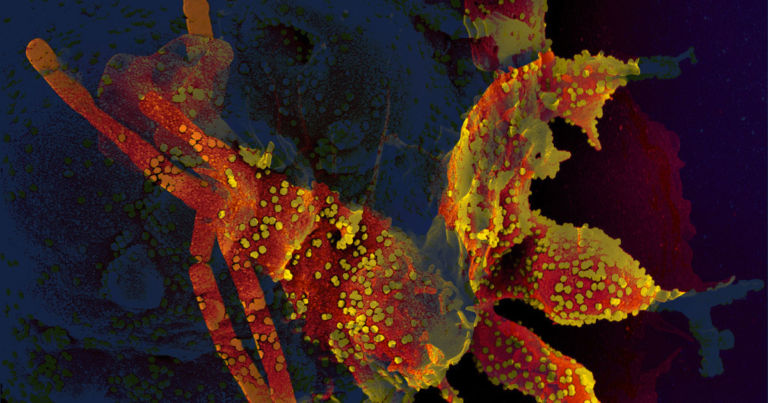A new study by researchers at the La Jolla Institute for Immunology in California suggests that the body builds a robust antiviral immune response after fighting the coronavirus SARS-CoV-2.
“If we had seen only marginal immune responses, we would have been concerned,” Allesandro Sette, a professor at the Center for Infectious Disease and Vaccine Research and author of a study about the findings published in the journal Cell, said in a statement, “but what we see is a very robust T cell response against the spike protein, which is the target of most ongoing COVID-19 efforts, as well as other viral proteins.”
The study involved a group of 20 recovered COVID-19 patients. To develop an effective vaccine against the coronavirus, researchers have to be able to fully understand how the body can build an immunity to the virus.
“These findings are really good news for vaccine development,” Sette added.
The spike protein has been identified by researchers across the globe as key to the coronavirus’ ability to invade human cells. The protein binds to human cell receptors and fuses with their membranes, allowing the virus to enter.
“We specifically chose to study people who had a normal disease course and didn’t require hospitalization to provide a solid benchmark for what a normal immune response looks like, since the virus can do some very unusual things in some people,” Sette said.
All 20 patients had a healthy T cell — a type of cell in the body that plays a central role in the immune response — response which helped the body produce antibodies that eliminated virus-infected cells.
More specifically, the researchers identified “SARS-CoV-2−reactive CD4 T…
